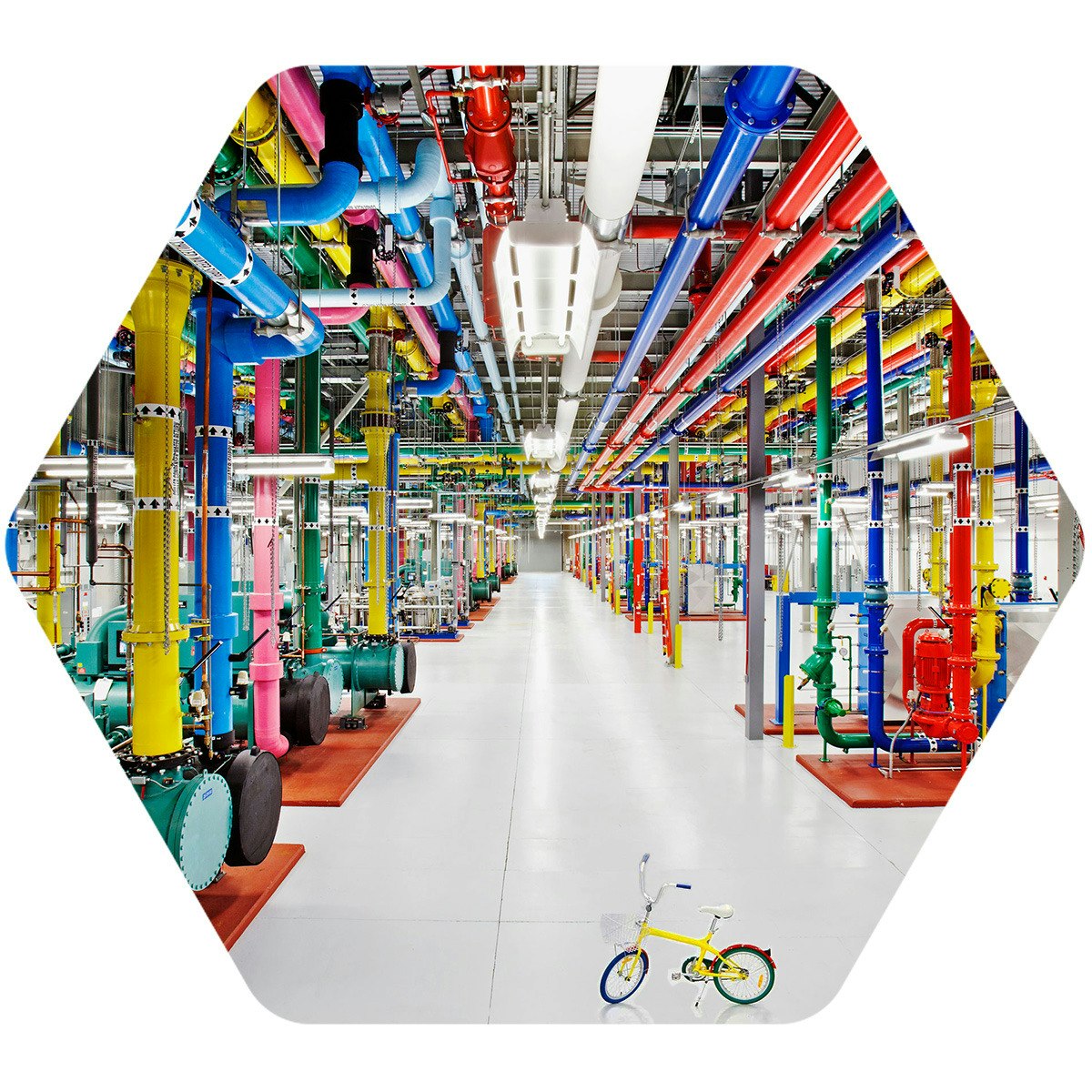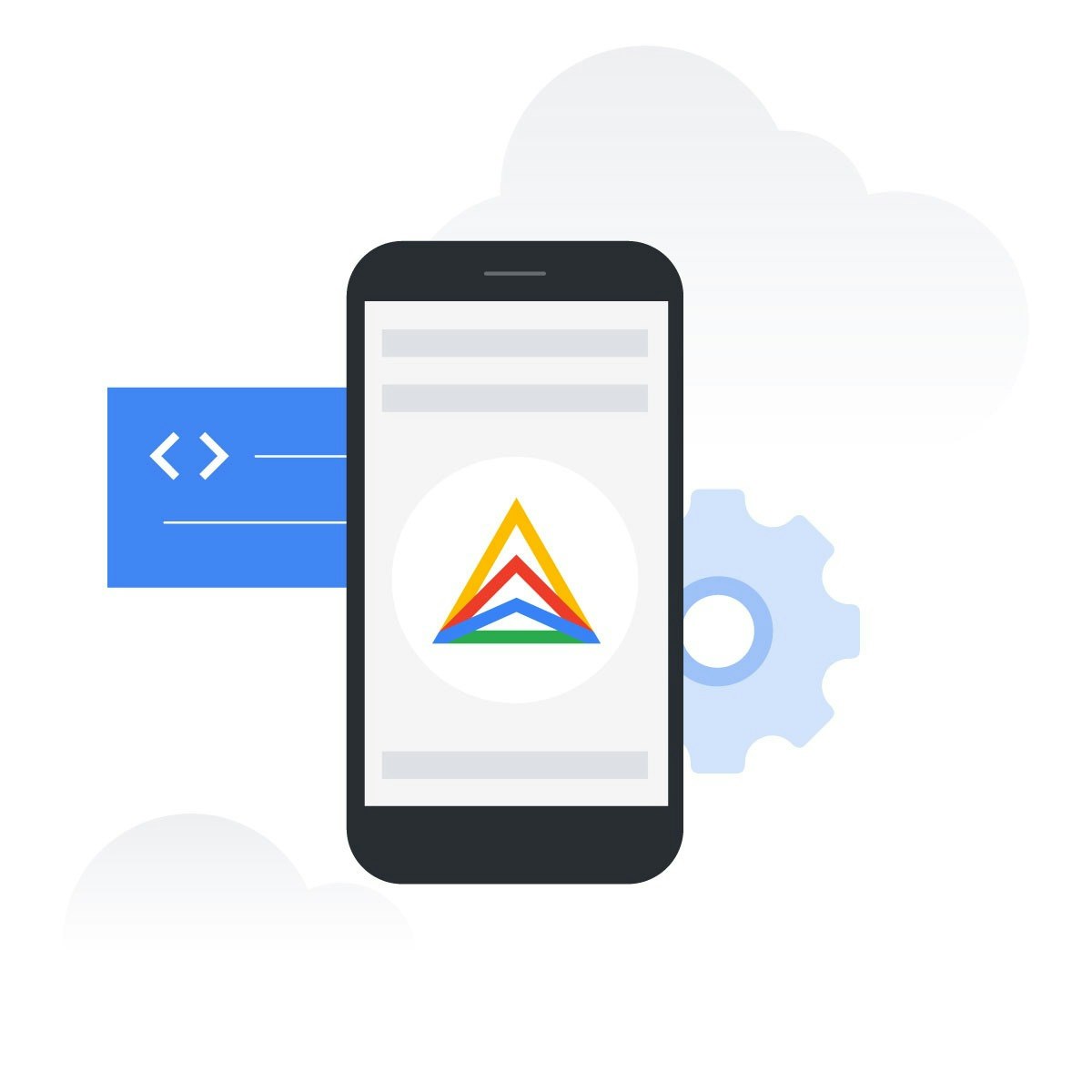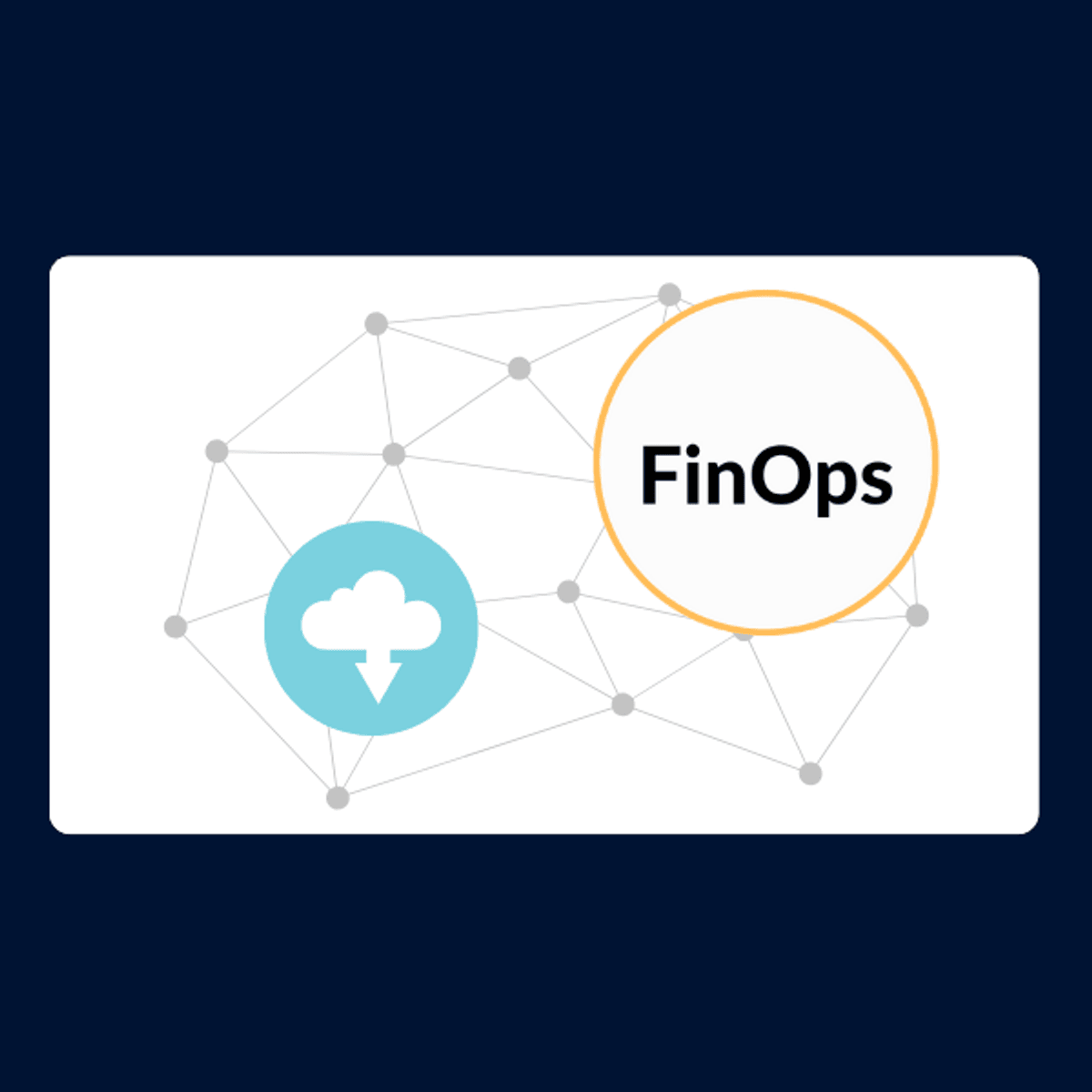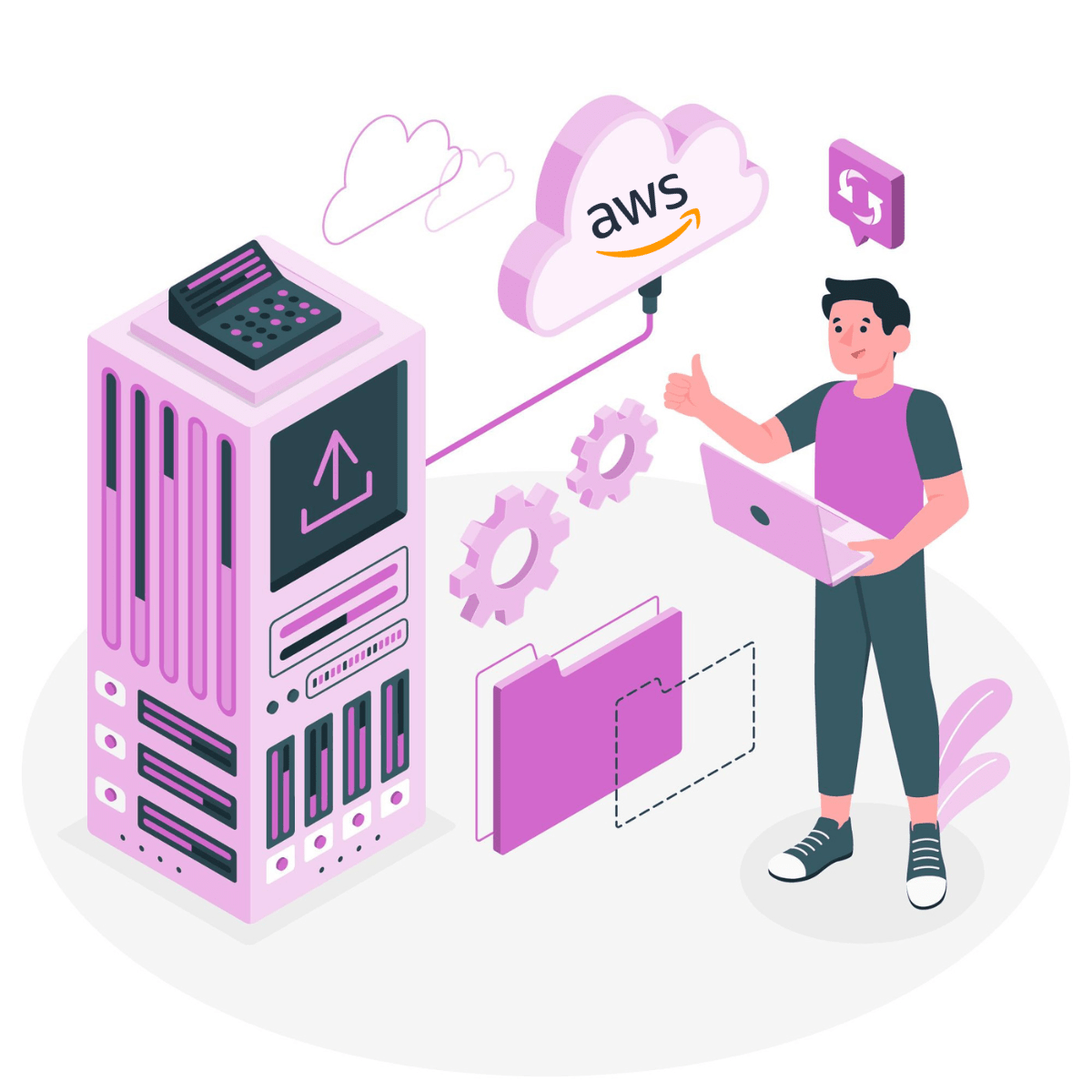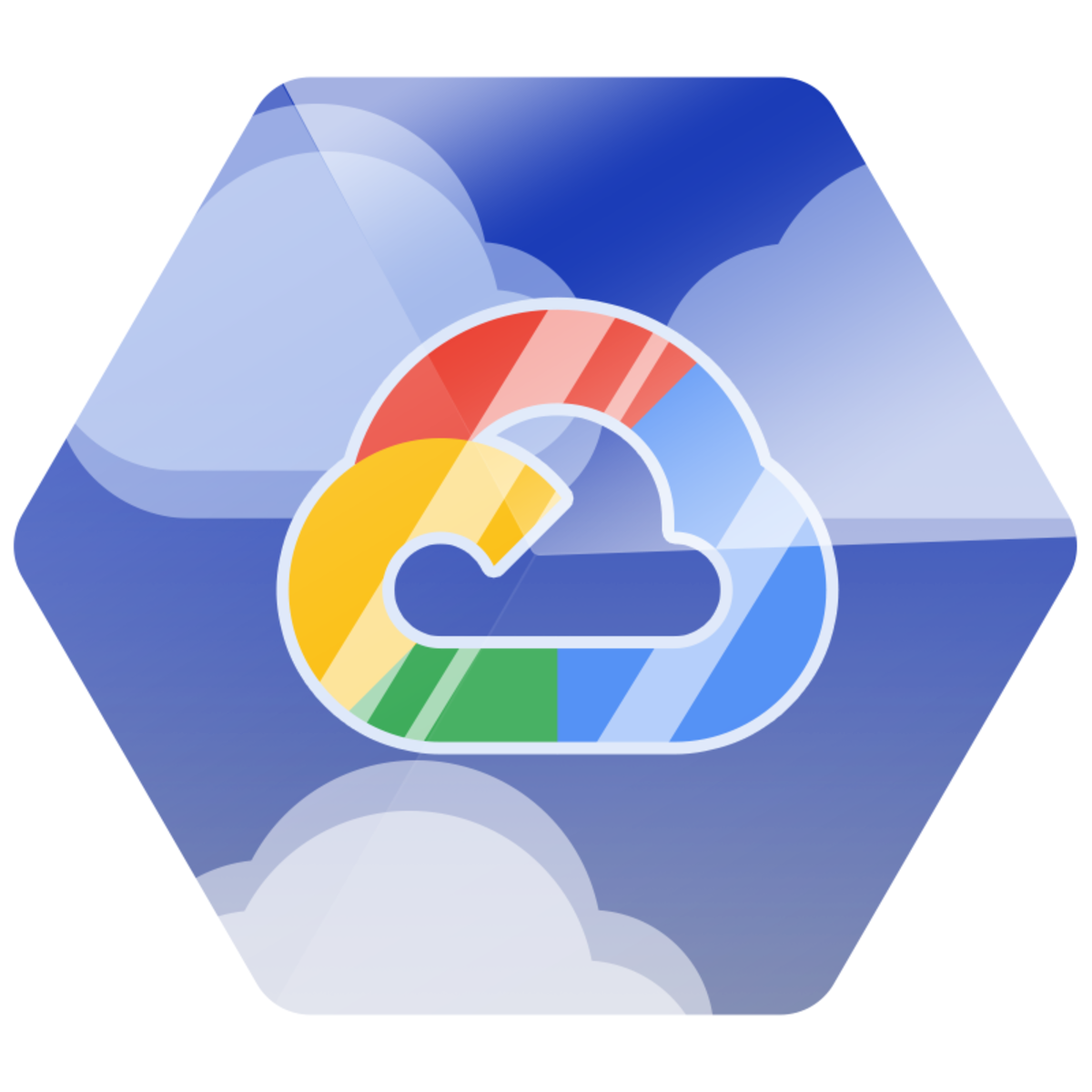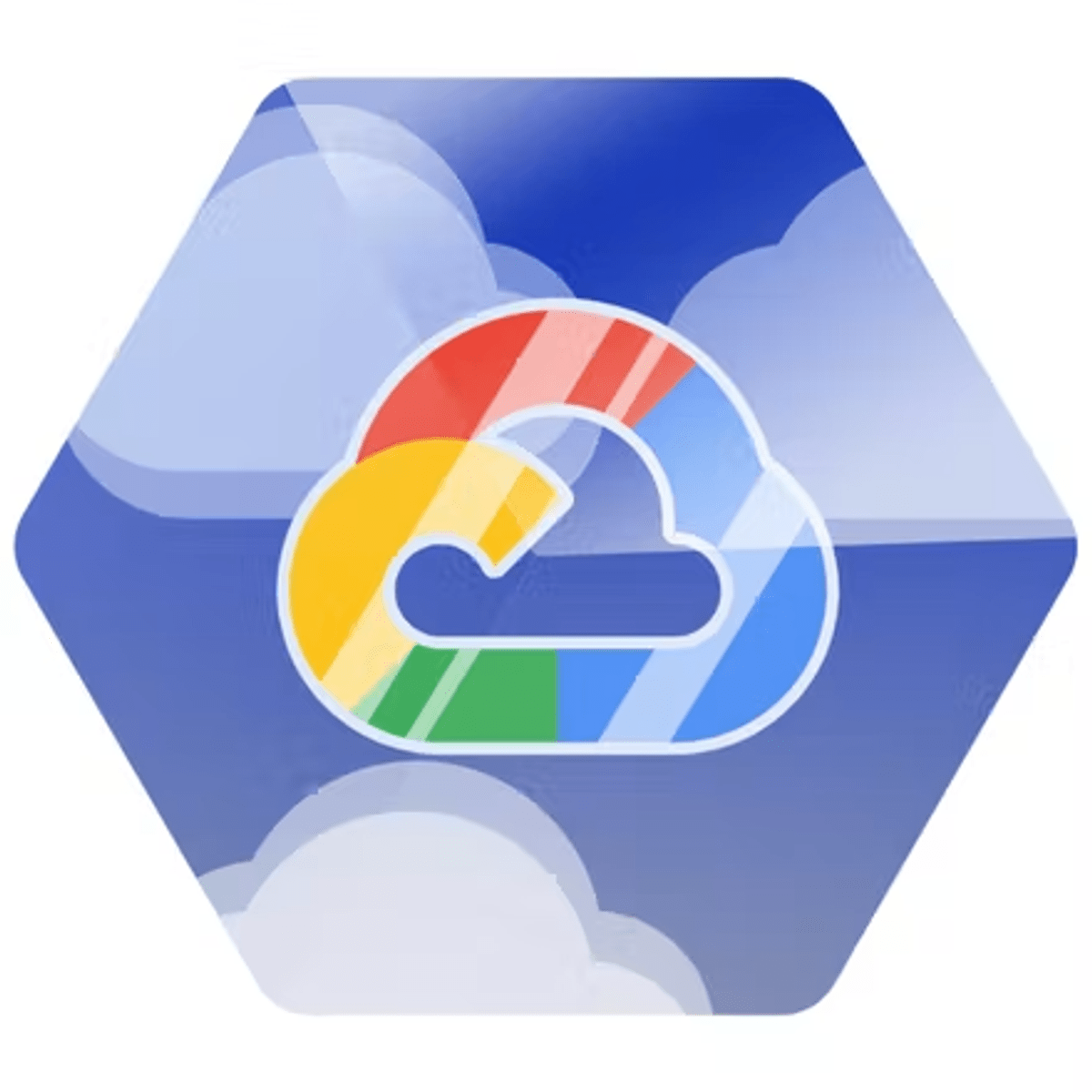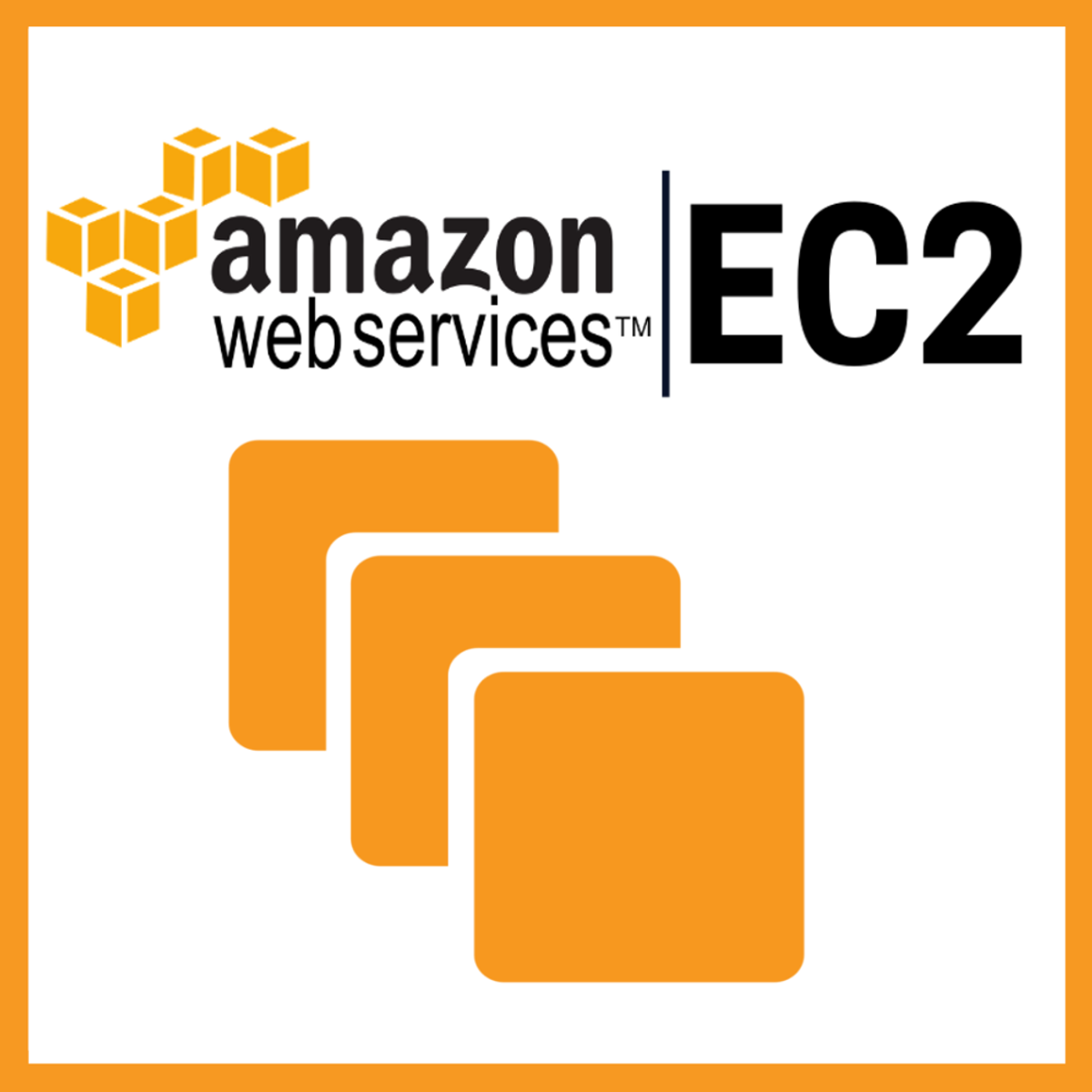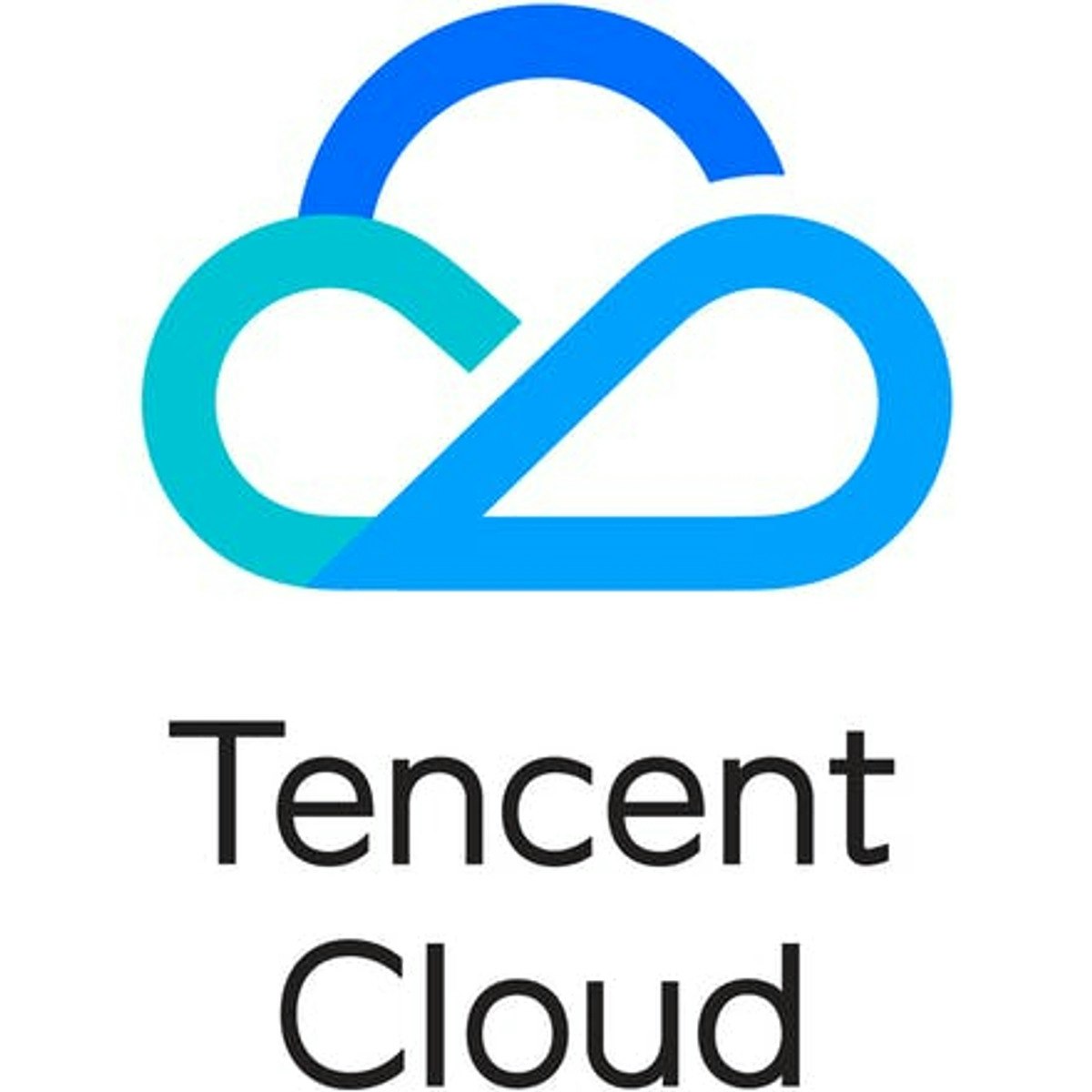Cloud Operations Engineer
A Comprehensive Guide to the Cloud Operations Engineer Career
Cloud Operations Engineers are the essential personnel who ensure that cloud-based infrastructure runs smoothly, efficiently, and securely. They manage the day-to-day operational aspects of cloud environments, bridging the gap between development teams deploying applications and the underlying cloud platform providing the resources. Think of them as the highly skilled mechanics and mission control specialists for the digital engines powering modern businesses.
Working in cloud operations can be incredibly engaging. You'll often find yourself troubleshooting complex technical puzzles under pressure, requiring sharp analytical skills and creative problem-solving. Furthermore, the field is constantly evolving with new technologies and best practices, offering continuous learning opportunities and the chance to work on cutting-edge infrastructure that supports global-scale applications and services.
Understanding the Role of a Cloud Operations Engineer
Defining the Cloud Operations Engineer
A Cloud Operations Engineer, sometimes called a CloudOps Engineer, focuses on the management, automation, and optimization of infrastructure and applications deployed in cloud environments. Their primary goal is to maintain the reliability, availability, performance, and security of these systems. They handle tasks ranging from deploying new resources and configuring networks to monitoring system health and responding to operational incidents.
This role involves working extensively with cloud provider platforms like Amazon Web Services (AWS), Microsoft Azure, or Google Cloud Platform (GCP). They utilize tools and services offered by these platforms, along with third-party solutions, to build, scale, and maintain the infrastructure required by their organization. Collaboration with development, security, and other IT teams is a constant feature of the job.
Ultimately, the Cloud Operations Engineer ensures that the cloud infrastructure is not just functional but also cost-effective and aligned with business objectives. They implement best practices for operational excellence, security, reliability, performance efficiency, and cost optimization within the cloud.
Cloud Operations vs. Traditional IT Operations
Traditional IT operations often dealt with physical hardware in on-premises data centers. Tasks involved racking servers, managing storage arrays, configuring physical network devices, and performing manual software installations and updates. Scaling resources typically required procuring, installing, and configuring new hardware, a process that could take weeks or months.
Cloud Operations, in contrast, manages virtualized resources provided by cloud vendors. Infrastructure is defined and managed through software, often using code (Infrastructure-as-Code or IaC). Scaling can happen automatically or with a few clicks, often within minutes. The focus shifts from managing physical hardware to managing APIs, automation scripts, monitoring dashboards, and cloud service configurations.
This shift necessitates a different skillset. While foundational IT knowledge remains valuable, cloud operations demand expertise in cloud platforms, automation tools, scripting, and understanding distributed systems concepts. The pace is often faster, and the ability to adapt to new services and features released by cloud providers is crucial.
To grasp the basics of cloud infrastructure, consider exploring introductory resources. These courses provide foundational knowledge applicable across different cloud platforms.
The Evolution of Cloud Infrastructure
Cloud computing has rapidly evolved from simple virtual machine hosting to a vast ecosystem of services. Initially, businesses used the cloud primarily for basic compute and storage ("Infrastructure as a Service" or IaaS). This allowed them to rent IT infrastructure instead of buying and managing their own.
The landscape expanded with Platform as a Service (PaaS), offering managed databases, messaging queues, and application runtimes, reducing the operational burden further. More recently, containers (like Docker) and orchestration platforms (like Kubernetes) have become central, enabling microservices architectures and greater portability.
Serverless computing represents another major shift, allowing developers to run code without managing any underlying servers. This constant innovation impacts the Cloud Operations role, requiring engineers to continuously learn and adapt to manage these increasingly sophisticated environments effectively and efficiently. Modernizing applications often involves leveraging these newer cloud-native patterns.
Understanding how to modernize existing systems is a key skill. These resources look at migrating and updating applications for the cloud.
Core Responsibilities of a Cloud Operations Engineer
Infrastructure Provisioning and Scaling
A primary responsibility is provisioning the necessary cloud resources – virtual machines, databases, networks, storage – required for applications and services. Increasingly, this is done using Infrastructure-as-Code (IaC) tools like Terraform or AWS CloudFormation, allowing infrastructure to be defined, versioned, and deployed reliably and repeatably through code.
Beyond initial provisioning, CloudOps Engineers manage the scaling of resources. This involves configuring auto-scaling policies to automatically adjust capacity based on demand, ensuring performance during peak loads while controlling costs during quiet periods. They monitor resource utilization to anticipate scaling needs and optimize configurations.
Effective scaling requires understanding application architecture and performance characteristics. Engineers work with development teams to ensure applications are designed to scale horizontally and leverage cloud-native scaling capabilities effectively. This often involves setting up load balancers and managing container orchestration platforms.
These courses cover essential tools and techniques for provisioning and scaling cloud infrastructure, including IaC and container orchestration.
Incident Management and Disaster Recovery
When systems fail or performance degrades, Cloud Operations Engineers are on the front lines. They are responsible for detecting, investigating, and resolving incidents quickly to minimize impact on users and the business. This involves using monitoring tools, analyzing logs, and collaborating with other teams to pinpoint and fix the root cause.
Developing and maintaining runbooks (step-by-step guides for handling specific incidents) is crucial. They also participate in post-incident reviews (post-mortems) to identify preventative measures and improve system resilience. On-call rotations are common in this role, requiring engineers to be available outside standard working hours to respond to critical alerts.
Disaster Recovery (DR) planning and testing are also key responsibilities. This involves designing architectures that can withstand failures (e.g., across multiple availability zones or regions), setting up backup and restore procedures, and regularly testing the DR plan to ensure it works as expected when needed.
Cost Optimization and Resource Monitoring
Cloud resources are typically billed based on usage, making cost management a critical aspect of cloud operations. Engineers continuously monitor spending patterns, identify underutilized or unnecessary resources, and implement strategies to optimize costs. This might involve choosing appropriately sized instances, leveraging reserved instances or savings plans, and utilizing spot instances for non-critical workloads.
Implementing tagging strategies for resources is essential for cost allocation and tracking expenses across different projects or departments. They use cloud provider cost management tools and third-party solutions (FinOps platforms) to analyze spending, forecast future costs, and enforce budgets.
Comprehensive monitoring is the foundation for both cost optimization and operational stability. Engineers set up and manage monitoring tools (like Prometheus, Grafana, CloudWatch, Azure Monitor) to track system performance, resource utilization, application health, and security events. They configure alerting systems to notify relevant teams of potential issues proactively.
Understanding cloud costs and how to manage them effectively is vital. Explore these resources focused on cloud economics and monitoring.
Security Compliance and Access Management
Security is paramount in the cloud. Cloud Operations Engineers play a crucial role in implementing and maintaining security best practices. This includes configuring firewalls (security groups, network ACLs), managing Identity and Access Management (IAM) policies to enforce the principle of least privilege, and ensuring data encryption at rest and in transit.
They work closely with security teams to implement security monitoring tools, manage vulnerabilities, and respond to security incidents. Ensuring that the cloud environment complies with relevant industry regulations (like HIPAA, PCI-DSS, GDPR) is often part of their responsibilities, involving regular audits and configuration checks.
Managing secrets (API keys, database passwords, certificates) securely is another critical task. Tools like HashiCorp Vault or cloud provider services (AWS Secrets Manager, Azure Key Vault) are used to store and manage sensitive information, preventing hardcoding and enabling secure access rotation.
Securing cloud environments requires specific knowledge and tools. These resources cover cloud security fundamentals and specific tools like Vault.
Technical Skills for Cloud Operations Engineers
Proficiency in Major Cloud Platforms (AWS, Azure, GCP)
Deep familiarity with at least one major public cloud provider – Amazon Web Services (AWS), Microsoft Azure, or Google Cloud Platform (GCP) – is fundamental. This includes understanding their core compute, storage, networking, database, and security services.
Engineers need hands-on experience configuring and managing these services through the provider's console, command-line interface (CLI), and SDKs. Understanding the specific nuances, best practices, and pricing models of the chosen platform(s) is essential for effective operation.
While specialization in one platform is common, having some familiarity with others can be advantageous, especially in multi-cloud or hybrid cloud environments. Many concepts are transferable, but implementation details differ significantly.
Building expertise in specific cloud platforms is crucial. These courses offer in-depth training on AWS and Azure infrastructure and operations.
These books offer architectural insights and patterns for specific cloud platforms.
Infrastructure-as-Code (IaC) Tools
Infrastructure-as-Code (IaC) is the practice of managing and provisioning infrastructure through machine-readable definition files, rather than physical hardware configuration or interactive configuration tools. Tools like Terraform (cloud-agnostic) and AWS CloudFormation (AWS-specific) are industry standards.
Proficiency in IaC allows engineers to automate infrastructure deployment, ensure consistency across environments (development, staging, production), version control infrastructure changes, and facilitate collaboration. It treats infrastructure components like software code, enabling practices like code reviews and automated testing.
Understanding IaC principles and mastering at least one major tool is a core competency for modern Cloud Operations Engineers. This involves writing, testing, and maintaining IaC templates or modules.
Learning Infrastructure-as-Code is essential for modern cloud operations. These courses focus specifically on Terraform.
Monitoring and Observability Stacks
Effective monitoring is crucial for understanding system health, performance, and detecting issues proactively. CloudOps Engineers need skills in configuring and utilizing monitoring and observability tools. This includes collecting metrics (CPU usage, memory, network traffic, application-specific counters), logs (system logs, application logs), and traces (tracking requests as they flow through distributed systems).
Common open-source tools include Prometheus for metrics collection and alerting, Grafana for visualization dashboards, and the ELK stack (Elasticsearch, Logstash, Kibana) or Loki for log aggregation and analysis. Cloud providers also offer integrated monitoring services (e.g., AWS CloudWatch, Azure Monitor, Google Cloud Operations Suite).
Understanding observability principles – going beyond simple monitoring to gain deeper insights into system behavior – is increasingly important. This involves correlating metrics, logs, and traces to troubleshoot complex issues in distributed environments effectively.
These resources cover critical aspects of monitoring and observability in cloud environments.
This book provides a deep dive into distributed tracing, a key component of observability.
Scripting Languages and Automation
Automation is key to efficiency and reliability in cloud operations. CloudOps Engineers use scripting languages to automate repetitive tasks, manage configurations, orchestrate deployments, and integrate various tools and services. Common choices include Python, Bash (shell scripting), and PowerShell.
Python is particularly popular due to its extensive libraries (like Boto3 for AWS, Azure SDK for Python) for interacting with cloud APIs, its readability, and its versatility for various automation tasks. Bash scripting is essential for Linux environments, commonly used for server configuration and task automation.
Beyond basic scripting, familiarity with configuration management tools like Ansible, Puppet, or Chef can be beneficial for managing server configurations consistently. Understanding CI/CD (Continuous Integration/Continuous Delivery) concepts and tools (like Jenkins, GitLab CI, AWS CodePipeline) is also important for automating application deployment pipelines.
Automation skills are fundamental for efficiency. Consider exploring scripting and automation frameworks relevant to cloud environments.
This book offers Python insights tailored for developers familiar with Java, potentially easing the transition for some.
Formal Education Pathways
Relevant Undergraduate Degrees
While not always strictly required, a bachelor's degree in Computer Science, Information Technology, Information Systems, or a related engineering field provides a strong theoretical foundation. These programs typically cover core concepts relevant to cloud operations, such as operating systems, networking, databases, algorithms, and software development principles.
Coursework in areas like distributed systems, computer architecture, and network security is particularly beneficial. A solid understanding of these fundamentals makes it easier to grasp complex cloud technologies and troubleshoot issues effectively.
Employers often view a relevant degree as evidence of analytical skills, problem-solving abilities, and the discipline required for technical roles. However, practical experience and certifications can often compensate for a lack of a specific degree, especially for those transitioning from other technical fields.
Certifications vs. Degrees: Industry Perceptions
In the fast-paced world of cloud technology, certifications often carry significant weight, sometimes even more than traditional degrees for specific roles. Cloud provider certifications (like AWS Certified SysOps Administrator, Azure Administrator Associate, Google Cloud Certified Associate Cloud Engineer) validate practical skills on a specific platform.
Certifications demonstrate a commitment to learning current technologies and can be a faster way to acquire and prove specific skill sets compared to a multi-year degree program. They are particularly valuable for career changers or those seeking to specialize.
However, a degree often signifies broader foundational knowledge and problem-solving skills developed over a longer period. The ideal combination often involves a relevant degree complemented by up-to-date certifications and practical experience. Neither is necessarily superior; their value depends on the specific role, employer preferences, and the individual's overall profile.
Preparing for certifications requires focused study. These resources can help you plan your certification journey.
This book provides a general overview of Microsoft certifications.
Graduate Programs and Specializations
For those seeking deeper expertise or aiming for research or highly specialized architectural roles, a master's degree or even a Ph.D. in Computer Science or a related field can be beneficial. Graduate programs may offer specializations in areas directly relevant to cloud operations, such as Cloud Computing, Distributed Systems, Network Engineering, or Cybersecurity.
These advanced programs delve into theoretical underpinnings, cutting-edge research, and complex system design principles. They can provide a significant advantage for roles requiring deep technical leadership, innovation, or research and development in cloud technologies.
However, for most standard Cloud Operations Engineer roles, a graduate degree is not typically required. Practical experience, certifications, and a bachelor's degree (or equivalent experience) are usually sufficient. The decision to pursue graduate studies should align with specific long-term career goals.
Research Opportunities in Distributed Systems
The foundation of cloud computing lies in distributed systems – systems whose components are located on different networked computers, which communicate and coordinate their actions by passing messages. Research in this area continually pushes the boundaries of what's possible in terms of scalability, reliability, performance, and consistency.
Universities and research institutions often have labs focused on distributed systems, cloud architecture, high-performance computing, and related fields. Engaging in research, perhaps through undergraduate projects, internships, or graduate studies, provides exposure to fundamental challenges and emerging solutions in areas like consensus algorithms, fault tolerance, distributed databases, and large-scale data processing.
While direct research experience isn't typical for most CloudOps roles, understanding the principles derived from this research helps in designing and managing robust cloud infrastructure. Staying aware of developments in distributed systems can inform better operational practices.
This book is considered a foundational text for understanding the challenges and solutions in building large-scale applications.
Self-Directed Learning Strategies
Building Home Labs with Free-Tier Accounts
One of the most effective ways to learn cloud technologies is through hands-on practice. Major cloud providers (AWS, Azure, GCP) offer free tiers or introductory credits that allow you to experiment with their services without significant cost. Setting up a personal "home lab" environment in the cloud is invaluable.
Use these accounts to deploy virtual machines, configure networks, set up databases, experiment with container services like Kubernetes, try out serverless functions, and practice using IaC tools. Start with simple projects and gradually increase complexity. Follow tutorials, but more importantly, try to build something of your own, even if it's small.
Document your projects and configurations, perhaps on a personal blog or GitHub repository. This not only reinforces your learning but also creates a portfolio to showcase your skills to potential employers. Don't be afraid to break things; troubleshooting is a critical part of the learning process.
You can find numerous project-based courses to guide your hands-on learning. Browsing cloud computing courses on OpenCourser can reveal guided projects suitable for free-tier accounts.
Open-Source Contribution Opportunities
Contributing to open-source projects related to cloud operations (e.g., Terraform providers, Kubernetes components, monitoring tools like Prometheus) is an excellent way to deepen your technical skills and gain real-world experience. It allows you to read production-grade code, learn from experienced developers through code reviews, and understand complex systems.
Start small by fixing bugs, improving documentation, or adding minor features. Engaging with the project's community through forums or mailing lists can provide valuable learning opportunities and networking connections. Contributions demonstrate initiative, collaboration skills, and technical proficiency.
While it can seem daunting initially, many projects welcome newcomers and have processes to help them get started. Look for issues tagged as "good first issue" or "help wanted." Even non-code contributions like documentation improvements are valuable.
Specialized Training for Cloud Certifications
Pursuing cloud certifications is a structured way to learn specific platform skills and validate your knowledge. Numerous online courses, practice exams, and study guides are available, often tailored directly to certification objectives. Platforms like OpenCourser aggregate courses from various providers, making it easier to find suitable training materials.
Focus on understanding the underlying concepts, not just memorizing answers. Supplement theoretical study with hands-on labs using free-tier accounts. Certifications like AWS Certified SysOps Administrator, Microsoft Certified: Azure Administrator Associate, or Google Cloud Certified Associate Cloud Engineer are excellent starting points for Cloud Operations roles.
Remember that certifications are milestones, not the final destination. Continuous learning is essential, as cloud technologies evolve rapidly. Regularly updating your certifications or pursuing advanced ones demonstrates ongoing commitment to the field.
Many online courses are specifically designed to prepare you for certification exams. These courses cover associate-level AWS and Azure certifications.
Community-Driven Learning Resources
Engaging with the cloud computing community offers immense learning potential. Online forums (like Stack Overflow, Reddit subreddits r/aws, r/azure, r/googlecloud), blogs by industry experts, vendor documentation, and community meetups (both virtual and in-person) are valuable resources.
Follow key figures and companies in the cloud space on social media platforms like Twitter and LinkedIn. Participate in discussions, ask questions, and share your own learning experiences. Many cloud providers also host extensive documentation, tutorials, whitepapers, and webinars.
Explore platforms like GitHub to find open-source tools, sample code, and best practice examples. Online learning platforms often have discussion forums associated with courses, allowing interaction with instructors and peers. Leverage these resources to supplement formal training and stay current.
For additional guidance on structuring your self-learning journey, check out the resources available in the OpenCourser Learner's Guide.
Career Progression for Cloud Operations Engineers
Entry-Level Roles
Individuals often start in roles like Cloud Support Associate, Junior Cloud Engineer, IT Support Specialist with cloud responsibilities, or Network Operations Center (NOC) Technician. These positions provide foundational experience in monitoring systems, responding to basic alerts, performing routine maintenance tasks, and learning core cloud services under supervision.
These roles emphasize troubleshooting, customer support (internal or external), and familiarity with operational procedures. Acquiring basic cloud certifications (like AWS Cloud Practitioner or Azure Fundamentals) can be helpful for securing these entry points. Building practical skills through home labs and basic scripting is also crucial.
Focus on mastering the fundamentals of networking, operating systems (especially Linux), and the specific cloud platform used by the employer. Develop strong communication and documentation skills, as these are essential for collaborating within the operations team.
These courses offer support-focused training and foundational knowledge relevant to entry-level positions.
Mid-Career Transitions to DevOps/SRE
With experience, Cloud Operations Engineers often evolve towards roles like DevOps Engineer or Site Reliability Engineer (SRE). These roles typically involve a greater focus on automation, infrastructure-as-code, CI/CD pipelines, and closer collaboration with development teams to improve the entire software delivery lifecycle.
DevOps emphasizes breaking down silos between development and operations, focusing on automation, collaboration, and faster, more reliable software delivery. SRE, originating at Google, applies software engineering principles to infrastructure and operations problems, focusing intensely on reliability, scalability, and performance, often setting Service Level Objectives (SLOs).
This transition requires strengthening skills in programming/scripting (Python, Go), advanced IaC, container orchestration (Kubernetes), CI/CD tools, and sophisticated monitoring/observability techniques. Understanding software development practices becomes increasingly important.
Consider exploring these related career paths for potential progression.
This book is a cornerstone text for understanding DevOps principles.
Leadership Paths
Experienced Cloud Operations Engineers can progress into leadership roles. A common path is towards Cloud Architect, focusing on designing complex, scalable, resilient, and cost-effective cloud solutions. This requires deep technical expertise across multiple domains, strong understanding of business requirements, and excellent communication skills.
Another path is into management, becoming a Cloud Operations Manager or Engineering Manager. These roles involve leading teams of engineers, managing budgets, setting technical direction, interfacing with other departments, and overseeing operational strategy. Strong leadership, mentoring, and project management skills are essential.
Specialization can also lead to leadership, becoming a subject matter expert in areas like cloud security, networking, or FinOps, potentially leading specialized teams or acting as a principal engineer providing technical guidance across the organization.
These roles represent common senior-level progression paths.
Advanced certification courses can support the transition to architect roles.
Freelancing and Consultancy Opportunities
Seasoned Cloud Operations Engineers with a strong track record and diverse skillset can pursue opportunities as independent freelancers or consultants. Businesses of all sizes need expertise in cloud migration, optimization, security hardening, and automation, often on a project basis.
Freelancing offers flexibility and the potential for higher earnings but requires strong self-discipline, business development skills (finding clients), and the ability to manage projects independently. Consultants often provide strategic advice, architectural reviews, or specialized implementation services.
Building a strong professional network and a portfolio showcasing successful projects is crucial for attracting clients. Specializing in a high-demand niche (e.g., Kubernetes security, FinOps implementation, specific industry compliance) can further enhance prospects in the freelance and consulting market.
Cloud Operations Engineer in Market Trends
Adoption Rates Across Industries
Cloud adoption continues to surge across nearly all industries, driving demand for skilled operations professionals. Sectors like finance, healthcare, retail, and manufacturing are increasingly migrating core workloads to the cloud to leverage benefits like scalability, agility, and access to advanced services like AI/ML.
Finance utilizes the cloud for risk modeling, high-frequency trading platforms, and digital banking services, demanding high security and compliance. Healthcare leverages it for electronic health records, telemedicine, and medical imaging analysis, with strict data privacy requirements (HIPAA). Retail relies on the cloud for e-commerce platforms, supply chain management, and personalized customer experiences, needing high availability and scalability.
This broad adoption means Cloud Operations Engineers can find opportunities in diverse sectors, although specific industry regulations and requirements may necessitate specialized knowledge (e.g., compliance standards).
Impact of AI/ML on Cloud Management
Artificial Intelligence (AI) and Machine Learning (ML) are increasingly impacting cloud operations through AIOps (AI for IT Operations). AIOps platforms use machine learning algorithms to analyze vast amounts of operational data (logs, metrics, traces) to predict potential issues, automate root cause analysis, and even trigger automated remediation actions.
This can help CloudOps teams manage complex environments more effectively, reduce manual toil, and improve system reliability. Engineers may need to learn how to implement, configure, and interpret the outputs of AIOps tools. While AI can automate some tasks, it also creates demand for skills in managing these sophisticated systems.
Furthermore, CloudOps teams are often responsible for managing the underlying infrastructure that supports AI/ML workloads developed by data science teams, requiring knowledge of specialized hardware (like GPUs/TPUs) and MLOps (Machine Learning Operations) principles.
Geographic Demand Variations
Demand for Cloud Operations Engineers is strong globally, but concentration often aligns with major technology hubs and economic centers. Regions with significant investment in technology infrastructure, a high density of tech companies, and widespread enterprise cloud adoption typically show the highest demand.
Cities in North America (like Seattle, Silicon Valley, Austin, New York, Toronto), Europe (London, Berlin, Dublin, Amsterdam), and Asia-Pacific (Singapore, Sydney, Bangalore) are well-known hotspots. However, the rise of remote work has distributed opportunities more widely than ever before.
While opportunities exist in many locations, salary levels and the prevalence of specific cloud platforms (e.g., AWS dominance in North America, Azure strength in enterprise) can vary regionally. Researching local market conditions is advisable for job seekers targeting specific geographic areas.
Sustainability Concerns in Data Centers
The massive energy consumption of data centers, including those powering the cloud, is a growing environmental concern. Cloud providers are investing heavily in renewable energy sources, improving hardware efficiency, and developing more sustainable cooling methods. However, the overall energy footprint of cloud computing continues to rise with increasing demand.
Cloud Operations Engineers can play a role in promoting sustainability by optimizing resource utilization. Techniques like rightsizing instances, deleting unused resources, scheduling workloads to run during off-peak hours (when renewable energy might be more available), and choosing cloud regions powered by cleaner energy sources can contribute to reducing the environmental impact.
Awareness of sustainable cloud practices and the ability to implement cost-optimization strategies (which often align with energy efficiency) are becoming increasingly valued skills. Some organizations are starting to incorporate sustainability metrics into their operational goals.
Ethical and Operational Challenges
Data Sovereignty and Cross-Border Compliance
Storing and processing data in the cloud introduces complexities related to data sovereignty – the concept that data is subject to the laws and regulations of the country in which it is physically located. Regulations like the EU's General Data Protection Regulation (GDPR) impose strict rules on handling personal data, including restrictions on transferring it outside certain jurisdictions.
Cloud Operations Engineers must understand these requirements and configure cloud resources accordingly. This might involve selecting specific cloud regions for data storage, implementing appropriate encryption and access controls, and ensuring compliance with data residency requirements.
Navigating the patchwork of international data privacy laws requires careful planning and ongoing vigilance, often in collaboration with legal and compliance teams. Missteps can lead to significant fines and reputational damage.
Vendor Lock-In Risks
While cloud platforms offer powerful services, relying heavily on proprietary services from a single vendor can lead to "vendor lock-in." This makes it difficult and costly to migrate applications or data to another provider or back on-premises if business needs change or pricing becomes unfavorable.
Cloud Operations Engineers need to be aware of this risk when designing and managing infrastructure. Strategies to mitigate lock-in include using open-source technologies where possible, leveraging multi-cloud architectures (though this adds complexity), designing applications for portability (e.g., using containers), and carefully evaluating the long-term implications of adopting highly specialized vendor-specific services.
Balancing the benefits of managed services (reduced operational overhead) against the risk of lock-in is a key strategic consideration in cloud operations.
Hybrid cloud strategies can also mitigate some lock-in risks. This book explores hybrid approaches.
Balancing Uptime Requirements with Maintenance
Businesses demand high availability and minimal downtime for critical applications running in the cloud. However, systems require ongoing maintenance, patching, updates, and upgrades to remain secure and performant. Balancing these competing needs is a constant challenge for Cloud Operations Engineers.
Strategies involve careful planning of maintenance windows, employing blue-green or canary deployment techniques to roll out changes with zero downtime, building redundant architectures that allow components to be taken offline without impacting users, and automating patching processes to minimize manual intervention and potential errors.
Effective communication with stakeholders about planned maintenance and potential risks is crucial. It requires a deep understanding of the system architecture and dependencies to perform maintenance safely and efficiently.
This book discusses patterns for continuous delivery, which often includes strategies for minimizing downtime during updates.
Ethical Implications of Energy Consumption
Beyond the operational concern of sustainability, the significant energy consumption of cloud infrastructure raises broader ethical questions. As reliance on digital services grows, so does the demand for energy to power the underlying data centers, contributing to global carbon emissions and resource depletion.
Cloud Operations professionals are increasingly part of this conversation. While individual engineers may have limited control over a provider's energy sourcing, they can advocate for choosing sustainable providers and regions, optimize resource usage diligently, and contribute to developing more energy-efficient operational practices within their organizations.
The ethical dimension involves recognizing the environmental impact of the technology they manage and seeking ways to minimize harm, aligning operational efficiency with broader environmental responsibility. This may become a more explicit part of the role as sustainability reporting and regulations evolve.
Frequently Asked Questions
What are typical salary ranges for Cloud Operations Engineers?
Salaries for Cloud Operations Engineers vary significantly based on factors like geographic location, years of experience, specific skill set (e.g., certifications, specialized platform knowledge), company size, and industry. Entry-level roles might start in the range of $60,000 - $90,000 USD annually in major US tech hubs.
Mid-level engineers with several years of experience can typically expect salaries between $90,000 and $140,000+. Senior engineers, architects, or those in leadership positions can command salaries well above $150,000, sometimes exceeding $200,000, particularly with expertise in high-demand areas like Kubernetes, security, or FinOps.
It's advisable to consult resources like the U.S. Bureau of Labor Statistics (for related roles like Network and Computer Systems Administrators, although cloud roles often pay more) or salary surveys from reputable recruitment firms like Robert Half for up-to-date, location-specific data.
How does Cloud Operations differ from DevOps?
While there's significant overlap and the terms are sometimes used interchangeably, there's a conceptual difference. Cloud Operations traditionally focuses more on the stability, reliability, and day-to-day management of the cloud infrastructure itself – provisioning, monitoring, incident response, cost optimization, security configurations.
DevOps is a broader cultural and procedural philosophy aimed at breaking down silos between software development (Dev) and IT operations (Ops). It emphasizes automation, collaboration, and integrating development and operations processes throughout the entire software lifecycle (CI/CD, automated testing, infrastructure-as-code). A DevOps Engineer often builds and maintains the tools and pipelines that enable this integration, working closely with developers.
A Cloud Operations Engineer might implement infrastructure components used in a DevOps pipeline, while a DevOps Engineer might focus more on building and automating that pipeline itself. In practice, many CloudOps roles incorporate DevOps principles and tools, and many DevOps roles require strong cloud operations skills. SRE (Site Reliability Engineering) is another closely related field, often seen as a specific implementation of DevOps principles focused heavily on reliability and automation.
What are the most essential certifications for entry-level roles?
For entry-level Cloud Operations roles, foundational or associate-level certifications from major cloud providers are highly valuable. They demonstrate commitment and a baseline understanding of the platform.
Commonly recommended certifications include:
- AWS Certified Cloud Practitioner: Validates fundamental understanding of AWS Cloud concepts, services, security, architecture, pricing, and support.
- AWS Certified SysOps Administrator - Associate: Focuses more specifically on deployment, management, and operations on AWS.
- Microsoft Certified: Azure Fundamentals (AZ-900): Covers foundational knowledge of cloud concepts and core Azure services.
- Microsoft Certified: Azure Administrator Associate (AZ-104): Validates skills in implementing, managing, and monitoring Azure environments.
- Google Cloud Certified - Associate Cloud Engineer: Demonstrates ability to deploy applications, monitor operations, and manage enterprise solutions on Google Cloud.
While certifications alone don't guarantee a job, combined with hands-on practice (e.g., home labs) and foundational IT knowledge, they significantly strengthen an entry-level candidate's profile.
How might AI automation impact job stability for Cloud Operations Engineers?
AI and automation (particularly AIOps) will undoubtedly change the nature of Cloud Operations work, automating many routine and repetitive tasks like basic monitoring, alert correlation, and even some incident remediation. However, this is unlikely to eliminate the need for Cloud Operations Engineers entirely. Instead, the role will likely evolve.
Engineers will increasingly focus on higher-level tasks: designing, implementing, and managing the automation systems themselves; interpreting insights from AIOps tools; handling complex, novel incidents that automation cannot resolve; focusing on architecture, security, cost optimization strategy, and ensuring overall system reliability.
The emphasis will shift from manual execution to strategic oversight, configuration, and continuous improvement of automated systems. Adaptability and a willingness to learn new tools and techniques, including those related to AI/ML in operations, will be crucial for long-term job stability and career growth.
Is remote work common in this field?
Yes, remote work is very common for Cloud Operations Engineers. Since the work primarily involves managing cloud-based resources accessible from anywhere with an internet connection, many companies offer fully remote or hybrid work arrangements for these roles. The trend towards remote work accelerated significantly in recent years and has remained prevalent in the tech industry.
This offers flexibility in terms of location but also requires strong self-discipline, effective communication skills for collaborating with distributed teams, and a suitable home office setup. Some roles, particularly those involving highly sensitive data or specific hardware interactions (less common in pure cloud ops), might still require some on-site presence or be hybrid.
Job postings typically specify the work location requirements, and many explicitly state if a role is fully remote. The prevalence of remote options makes it a potentially attractive career for those seeking location flexibility.
How can someone transition from a traditional SysAdmin role?
Transitioning from a traditional System Administrator role to Cloud Operations is a common and achievable career path. Many foundational SysAdmin skills – understanding operating systems (especially Linux), networking concepts, scripting, troubleshooting, and security principles – are directly transferable.
The key is to build cloud-specific knowledge and skills. Start by learning the fundamentals of at least one major cloud provider (AWS, Azure, or GCP) through online courses and hands-on labs (use free tiers!). Focus on core services like compute (EC2, VMs), storage (S3, Blob Storage), networking (VPC, VNet), and IAM.
Learn Infrastructure-as-Code (Terraform is a good choice). Practice scripting for cloud automation (Python is highly recommended). Obtain relevant cloud certifications (e.g., AWS SysOps Administrator, Azure Administrator). Highlight transferable skills on your resume and emphasize your new cloud skills and certifications. Seek opportunities within your current company to work on cloud projects, or look for junior cloud roles that value your existing SysAdmin experience.
Feeling overwhelmed is normal when making a career transition. Remember that your existing experience is valuable. Focus on adding cloud skills incrementally, celebrate small wins, and leverage resources like OpenCourser to find structured learning paths.
Embarking on or advancing in a Cloud Operations Engineering career requires continuous learning and adaptation. The field is dynamic, challenging, and rewarding, playing a critical role in enabling modern digital businesses. By building a strong foundation in core technologies, embracing automation, and staying curious, you can navigate this exciting career path successfully. Resources like OpenCourser provide valuable tools for discovering courses and mapping out your learning journey in this ever-evolving domain.


